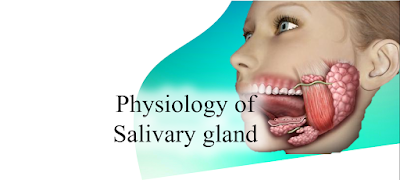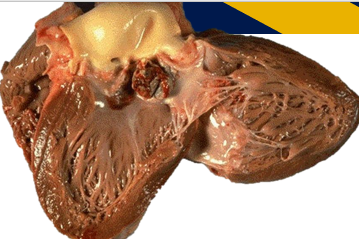Humoral & Cell mediated immunity
Our immune response is done by specialized blood cells in our body combined with immune organs. Based on the type of response expressed by the immune cells, the human immune response is of two types, humoral immunity and cell mediated immunity.
Humoral immunity immune response is mostly involved B lymphocytes (B cells) and cell mediated immune response only involve T lymphocytes (T cells).
Immune cell formation in short:
From the hematopoietic cells in bone marrow, precursor cells of B and T cells are formed. B cells undergo maturation in the blood. Whereas T precursor cells reach the thymus gland near to the heart. From the thymus, T precursor cells differentiate to T helper cells (CD4) and T killer cells (CD8).
Humoral immune response:
When an antigen enters our blood system, It will engulf by antigen presenting cells (APC), especially macrophages. Then it will undergo a process and produce antigen peptide. All the APCs have MHC II receptors (Major Histocompatibility) include macrophages. The antigen peptide from macrophages stimulates T helper cell (Th0) by release cytokines like IL1, IL 10. Then, the T helper cell begins to release IL2, which stimulates T helper cell 2 (Th2).
Simultaneously, B cells on the other hand B cells have B cell receptors (BCR) bind with antigens. In this stage, Th2, which has antigen peptide will make bonds with this B cell by the release of IL3. Now, the antigen peptide in B cells undergoes processing.
Depend upon the antigen enter into our body, respective cytokines will be released. This will produce plasma cells and respective immunoglobins-Ig (antibody). Ig E will be released in case of an allergic reaction, IgG and IgM for most of the immune response and Ig A for the immune response against an antigen in the mucous membrane.
List of cytokines which produce Ig:
IL - 4,5,6 Ig G
IL - 4, 13 Ig E
IL - 5, 10 Ig A
B memory cells will automatically release along with this process.
The humoral immune response is the first immune response against the antigen enters to our body. So-called 'immediate-type immune response'.
The synthesized Ig will attach to the Fc receptor of mast cells and produce inflammatory mediators. These inflammatory mediators cause inflammation of infected tissue.
A detailed inflammation process was explained. If you want to read, click here.
Cell mediated immune response:
In the beginning, we have all the processes as seen in humoral immune response up to antigen peptide formation.
"When an antigen enters our blood system, It will engulf by antigen presenting cells (APC), especially macrophages. Then it will undergo the process and produce antigen peptide." Unlike humoral immune response, here the macrophage release IL 1,12,18. This will stimulate T helper cells (Th0). As usual, Th0 will release IL 2. Then T helper 1 will stimulate (Th1).
Th1 will release several cytokines. This includes IL 12 and INF alpha which triggers Natural killer cells (NK). Th1 releases IL 2 and INF gamma which activates the release of T killer cells and simultaneously activates other macrophages.
The T killer will start to produce enzymes like granzyme and perforin. Perforin will put a hole on the cell membrane of the antigen and granzyme will get enter into the cytosol of the antigen which destroys it completely.
 |
| Cell mediated Immune response |
This type of immune response will act in situations like tumor cell growth and organ transplantation. Thus, cell mediated immune response is the delayed-type response which takes a long time for the process.






Comments
Post a Comment